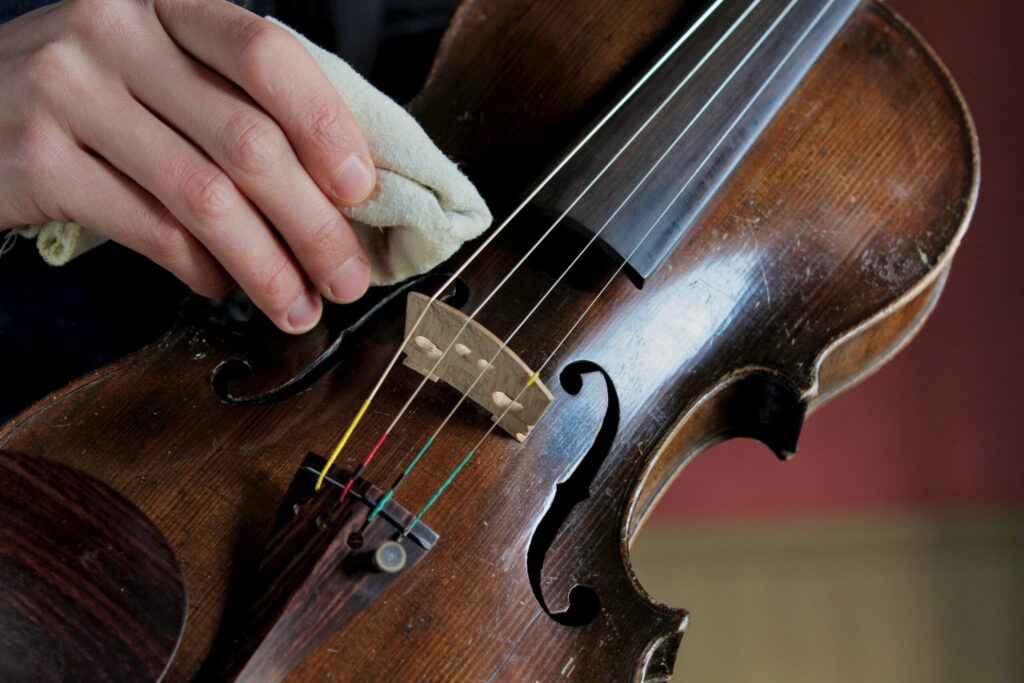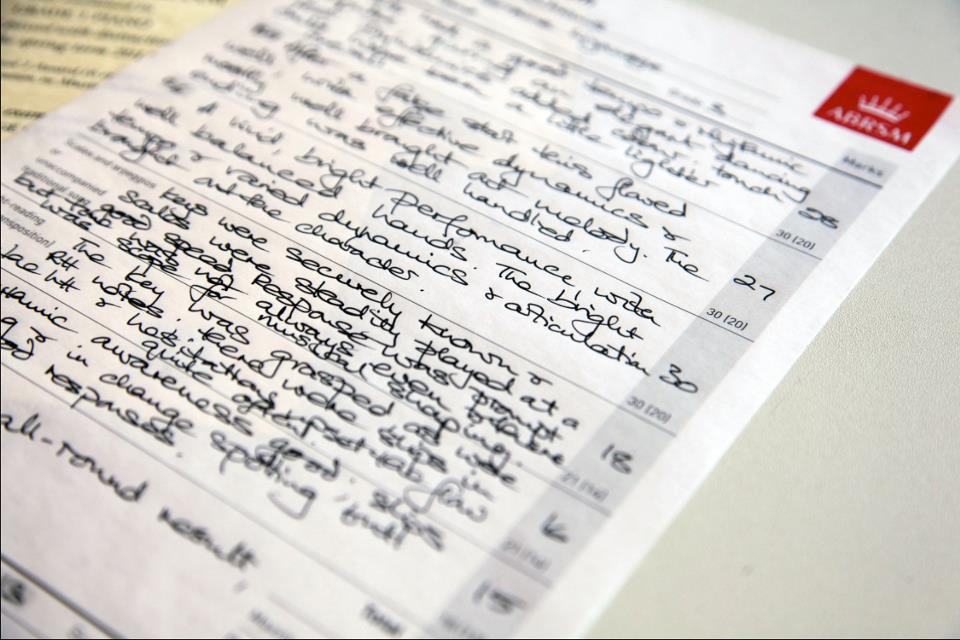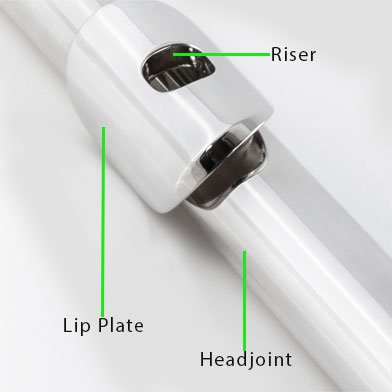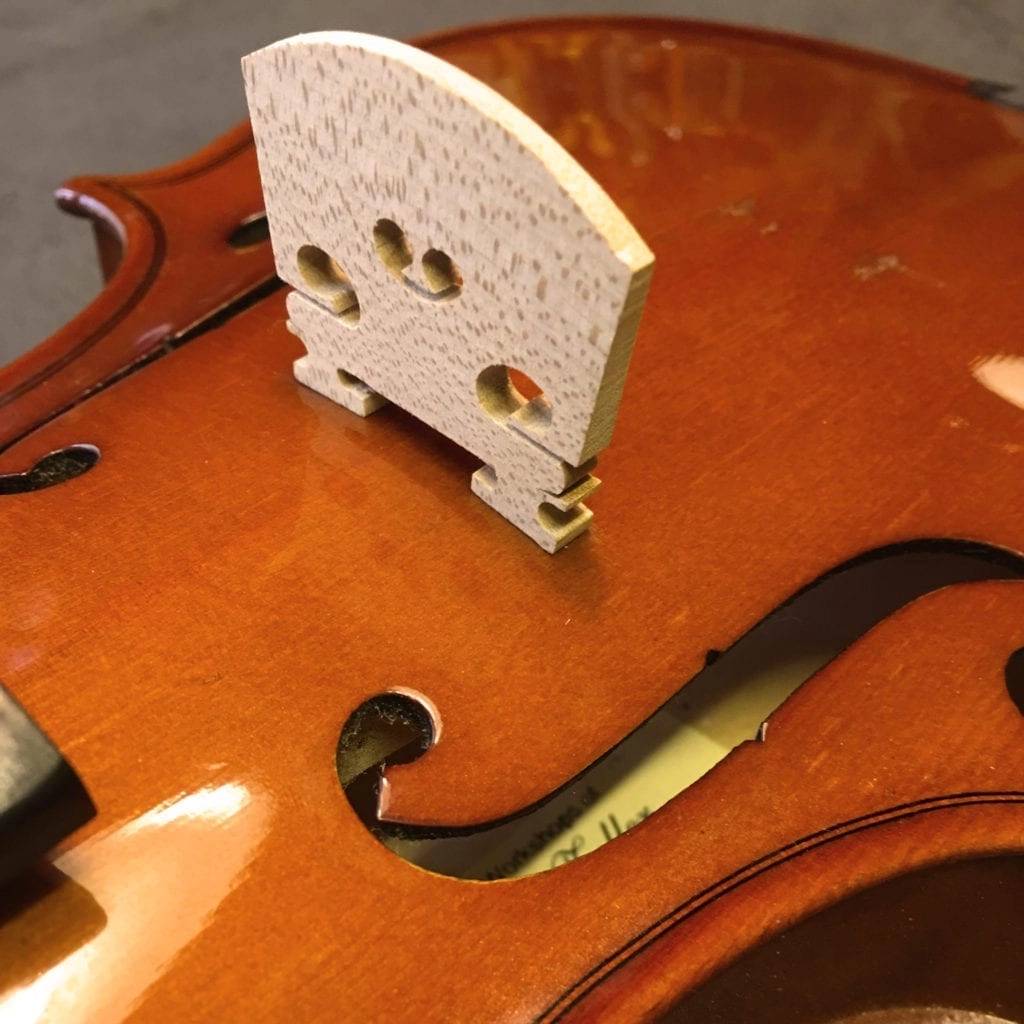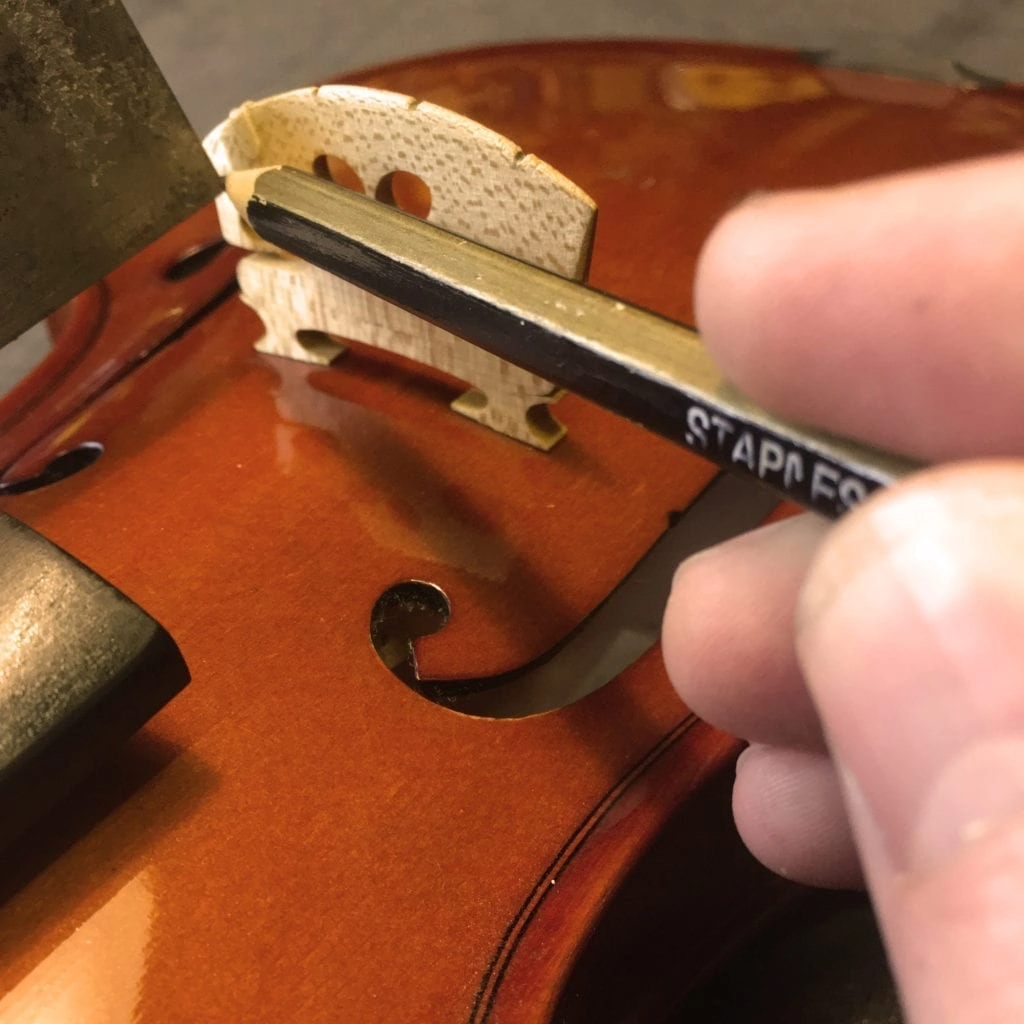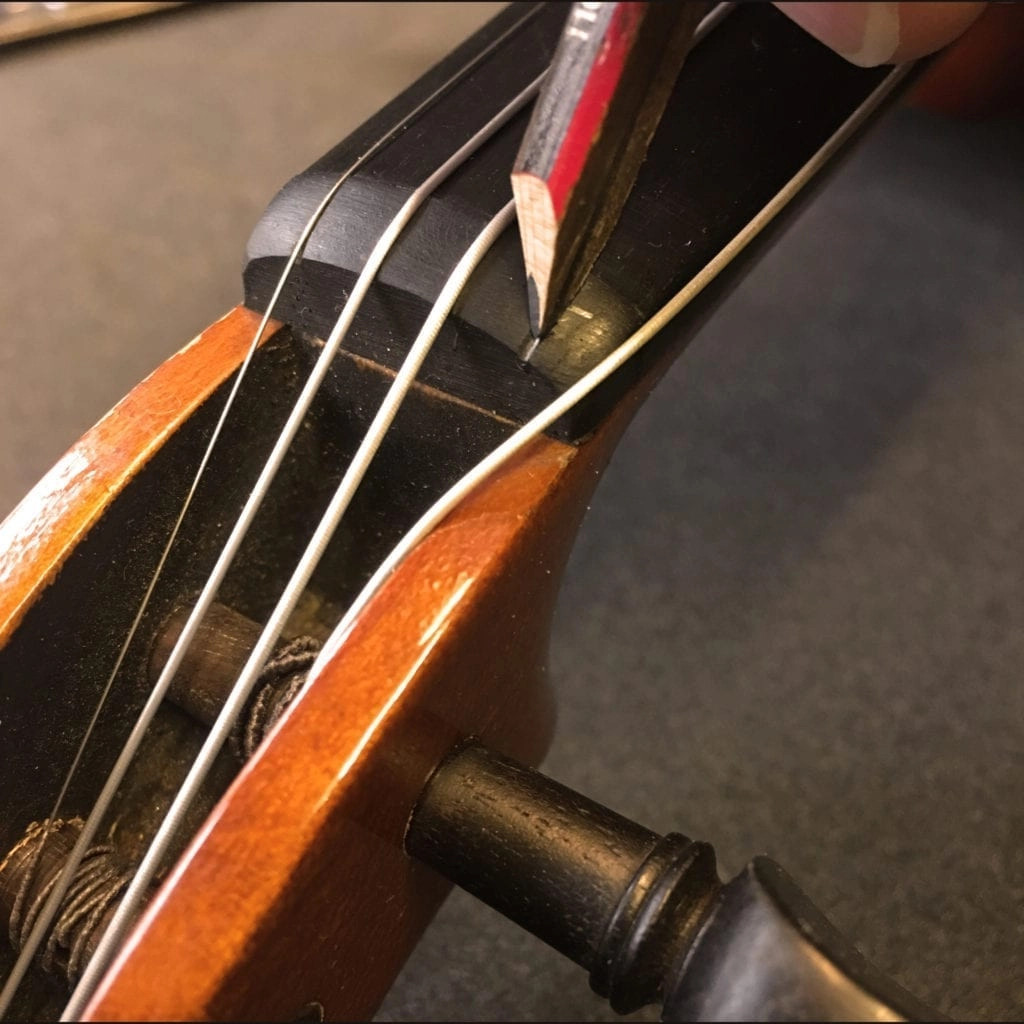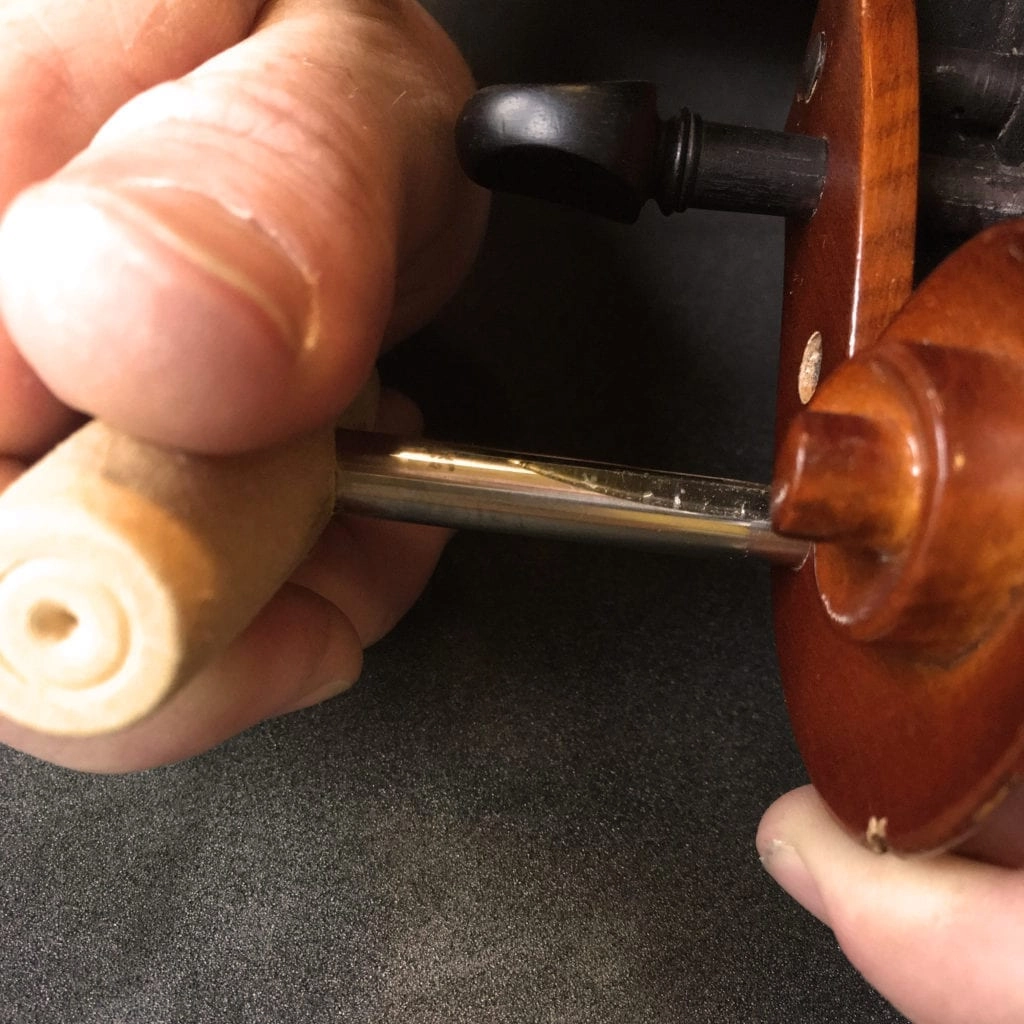My child has started music lessons – how does it work?
Excellent! Your child learning an instrument is amazing! The benefits from learning a musical instrument are vast and you are helping your child with his or her overall learning at school, and out of school, whatever their age.
The important part of learning a musical instrument is the discipline involved. There is the discipline of weekly lessons, whether it is one to one, or in a small group, or large group. A week flies by when children are at school and it won’t seem five minutes between putting the instrument by the front door one week to the next! Then there is the discipline of being prepared – ie, not forgetting the instrument and the music, and then the discipline of what happens between lessons.
These factors teach children lifelong lessons. There is nothing worse than turning up for your lesson having forgotten your instrument! It is still possible to have a lesson, as theory can be taught, but very frustrating for the student and teacher if a week is missed.
So, the answer is organisation. A lot will fall on the parents shoulders to help the child be organised but, for example, if Wednesday is flute lesson day, then Wednesday needs to be fixed in as an extra bag/case to be taken to school, or to be factored in as an after-school activity.
It is important that lessons are attended regularly. Most lessons will fall during term time only, but some music schools carry on during the holidays too.
It is worth reading the small print on the lesson contract as to what happens if you cannot make a lesson as sometimes you will still be charged. Most music teachers or music schools will be accommodating and hopefully offer an alternative, but it isn’t a given that this will happen.
Music lessons are expensive as you have a specialist teaching your child. The respect works both ways round and it is a three-way relationship between you as the parent, the music teacher and your child.
What are the benefits of my child learning a musical instrument?
There are many benefits of learning a musical instrument as a child or an adult. These include; faster processing of information in the brain, improvement with co-ordination and motor skills, boosts memory, helps with comprehension skills, listening skills, improves concentration, teaches perseverance and teaches the sense of achievement.
How does my child learn?
Your child will learn through repetition. Learning, and how quickly your child learns does vary instrument to instrument and child to child, and it is not a given that one instrument is harder to learn than another. They all have easy elements, and all have tricky technical elements. It is not unlike any activity your child may be involved in, eg, horse riding, dancing, swimming or learning a foreign language. It is important that each stage is understood and if it isn’t that your child asks the teacher for guidance. A good practice is to have a practice diary – this is then an excellent way for a parent to communicate with a teacher. Each lesson should be in the planner so that the child and the parent know what has been taught in the lesson each week and then what needs to be practised at home each week.
The repetition comes from the practice at home between lessons. It is so important that practice is done between lessons. Just ten minutes a day for a beginner will make the world of difference. The child will get so much more out of lessons if he or she has practised. It is possible not to practice but no real progress will be made, and certainly not at any great speed and the whole process is likely to be frustrating all round and more likely to lead to your child wanting to give up lessons.
How much practice should my child do?
Your child’s music teacher will guide you on what he or she expects in the way of practice, but daily practice is without a doubt the best way that your child will progress. A beginner can practice for as little as ten minutes a day and make very good progress. Feel free to do your own star charts at home or any other method of encouragement that your child responds to. If possible, try and get the music practice done before school. This works very well, and is a good wake up for your child’s brain in the morning and also means that it is done for the day. If you get another session after school, then this is a bonus! There are very few circumstances that a child won’t have ten minutes in an entire day to practice. Doing another activity such as Brownies, or Football club isn’t a good enough excuse that practice can’t be fitted in. It is just a case of commitment to music as an activity and one which requires a daily commitment to get the most out of learning.
When do I see progress?
When your child first begins to learn an instrument the absolute best thing you can do is be “wowed” with what they can do and be 100% supportive and full of encouragement. In many instances it will just be a noise to begin with but there is a method behind each instrument. You may not hear much that sounds like they are learning for weeks, or maybe a couple of months but once it gets going you will suddenly hear something that will warm your heart and make the journey feel very worthwhile. Once the technical elements have been learned, whether it be a wind instrument, or strings your child will generally learn one note at a time. Learning an instrument, and reading music is vast and takes so many skills all at once that it is a delicate balance that your music teacher will take on board for your child. Children learn at different rates and the music teacher will guide your child through at the pace that suits – there won’t be a prescribed time line as no step can be missed in the learning process.
What can I do to help?
The biggest word is encouragement. Encourage your child to practice – use any form of encouragement that will work for your child. It doesn’t have to involve money – it can be a treat that they enjoy doing that is limited at home.
Take an interest in what your child is learning. It doesn’t matter if you have no idea what they are talking about! Look at their instrument with them, talk about the lessons. Try and find local events where they can see their instrument being played, look at YouTube videos together at maestros playing – when a child learns an instrument and then sees it played professionally it is very inspiring.
Make a designated space in the house for your child to practice. If an instrument is left in the boot of the car it won’t be practised!! It is as much your input as your child’s to make practice accessible.
Make sure your child has a music stand, and if appropriate an instrument stand. Sitting on the edge of the sofa with you holding the book, or the book propped up somewhere isn’t ideal.
If possible, leave the instrument out of the case during the week. Obviously make sure it is safe, and won’t be damaged by younger children or pets. If the instrument is out, and ready to go, and the practice space is set up it makes for easy practice, and no excuses that practice can’t be done.
Make sure that your child’s instrument works properly – if there are any problems please ask the teacher to look at it. Most music teachers will be very adept at fixing small problems – it happens to all instruments!
I can’t read music; how can I help?
This really doesn’t matter. It works both ways; parents that are musicians, or can read music, can be as much of a hindrance to children as parents who have no idea! The parents who have no idea are great at the encouragement and giving the child praise for something they can’t do themselves. Parents who are musicians can push too hard and expect faster results that can quash confidence. One of the best ways to learn is to teach so ask your child to try and teach you!! Children really can learn on their own, and it really doesn’t matter if you can’t read music. If your child wants to learn, they will. You can still help by pointing to notes, or saying maybe the note doesn’t sound quite right. Listen to what you are hearing, when it sounds right, it often is! Tell the child it sounded better the second or third time – state the obvious – it will all help.
What would help my child to practice?
If you can set aside a time for your child to practice this will help. If life at home is chaotic and you don’t make the time it is more likely that practice won’t happen. As mentioned above, if practice can be done in the morning it works for everyone. If you are going for practice after school, then make it happen at a good time. Ideally when you have time to help set up, or be close by to listen and then it is more of a team effort than an isolated time where your child may feel it isn’t being treated as an important part of the day.
Organisation of the practice space – don’t suddenly use the space you have designated for practice for something else, or make it inaccessible. Don’t leave the instrument at school! A regular practice time can work well too – maybe before any television watching or the time after dinner where they are let off helping to clear away and they can do their music practice instead?
When do exams start?
This is the million-dollar question! There is no obvious answer either. Again, this will all depend on your child as an individual, the teacher, and the rate of progress. Some teachers don’t actively do exams with their students and some use it as a good way to monitor progress and give students that all important sense of achievement. It is a good idea to speak to your child’s teacher and ask what their view is and how they see exams happening in the future. There are different exam boards, the main ones being Associated Board of the Royal Schools of Music (ABRSM) and Trinity. Both offer a pre-grade one option and it would be realistic that your child takes an Initial (Trinity) or Prep Test (ABRSM) within eighteen months of starting to learn. Either of these exams, or an equivalent, are a good entry point into doing exams and give the student an in-sight into what happens and what is expected.
The exams cost money (around £30 for the first exam) and may also incur extra lessons, and paying for an accompanist. The exams will be during a specific few weeks at the end of each school term and take place either in your child’s school, or at an outside venue, eg, a church hall. You will be expected to take your child to the exam, or your child will be going with their school. Music exams are an authorised absence from school. You just need to let the school office know in advance. Exam dates are usually released around three weeks before the exam takes place.
What should I do if my child wants to give up lessons?
This is the bug-bear for many parents and can lead to some falling out between the child and parent! Learning an instrument isn’t easy. It requires determination, endurance and tolerance on all parts. There is usually a notice period to end lessons – this can be a term’s notice so if it is a definite decision ensure that you give notice in good time.
If possible, dissuade your child from giving up. Learning an instrument can be likened to a roller coaster ride – it is a slow burn up hill but once you reach the top you accelerate for a time before the next uphill struggle.
Go back to the encouragement side of parenting and show an interest – try and find a live performance that will inspire your child.
You will have made a serious investment in paying for the instrument, the lessons, the books, music stand etc so it is worth some effort to try and keep it going.
If needed, resort to bribery!! The teacher won’t want your child to finish lessons, they will help encourage. Maybe find some music that they love – have a “fun” book, or a book with an accompanying CD
How do I know if my child is any good?
Music benefits all children. They don’t have to be the next Mozart or Nigel Kennedy – they should enjoy music. If your child is quite hopeless at keeping a steady rhythm, or plays out of tune but loves the lessons it doesn’t matter! They will be gaining so much from their lessons that this outweighs any shortcomings they have. You never know, one day it may all click into place and they suddenly start playing beautifully.
If your child is naturally talented then great! Your child may however be harder to please as they will be searching for perfection in everything they do. These children are often the children who do well generally at school and find maths straightforward, and are in the sports teams. All fantastic, but keep it realistic. Ensure that they enjoy their music and they are fulfilled by learning.
If your child is naturally talented and the teacher is getting excited about their prospective prodigy, then you will be faced with decisions as time goes on. Your child may well fly through exams and find it all relatively easy. If music is the chosen activity, there are several avenues open to you and your child. They will probably already be in the local area or county orchestra or ensemble, but they can audition for the National Youth Orchestra (NYO) or even look at auditioning for Conservatoires. There is a high level of commitment that is expected, and it can be very competitive. Keep it all real for your child, try not to get carried away with what is happening – remember he or she is still a child! The worst that can happen is that it all gets too much, and they suddenly abandon music through it all getting too much.
Should my child be doing theory?
Learning to play an instrument is great, but with the added element of learning the theory of music, your child will properly learn music. By doing theory they will be understanding why, and not just how. Music is black and white, there is always an answer! There is no “well, it could be this” it is a definite fact that everything they read means something.
If possible, ask your child’s teacher to do a little theory in the lesson. Just five minutes will help – there are several theory workbooks on the market and it is worth the investment of a few pounds to have one which is worked through alongside lessons. Many of the books now have “fun” activities and stickers etc to make it appealing to children.
We all know that writing something down helps us learn. It can also be used as an alternative to practice if you are away from home. A fun theory book can be used for keeping the music going whilst on holiday or through the long summer holiday away from lessons.
What should I do if I am not happy with the teacher?
It is important that you talk to your child’s teacher if things aren’t going too well. If you are concerned about lack of progress, then speak to the teacher and ask why. You are free to change teacher, so look at options. If lessons are through school speak to school – there should be a music department representative that you can speak to, or go to the head or deputy head with your concerns. If your child’s teacher is unreliable, again try and ascertain why and if no specific answer again follow it up. You will most likely be paying good money for these lessons, so it isn’t unreasonable to expect a decent lesson to be delivered each week. If you child tells you that the teacher was on the phone, or doing something else during the lesson, again follow it up! Don’t be shy – be a parent and if necessary a pushy parent wanting answers. It isn’t good enough that you pay and don’t get the service you expect!
There will be many teachers in your area, and there are lessons that happen at school, at music schools or academies, at teachers’ houses privately, or teachers that travel to you. Recommended teachers are always a good option so ask around in the playground, or on parenting forums.
Why are lessons so expensive?
Lessons can seem expensive when your child has a one to one lesson for half an hour a week. Most music teachers will be self-employed and travel around, and some will be paid an hourly rate at a school, whether it be your child’s school or a music school. The hourly rate will only cover the time teaching. Music teachers are experienced musicians who have spent years learning their instrument and this is their chosen vocation. They are professional people who are trusted by you to teach your child a life-long experience. You are paying for their expertise, and unlike many other activities that your child may do, these are individual or in small groups so compared to £4 per week for swimming in a group of eight which equates to £32 per half hour you are paying for the individual tuition with the music lesson.
Some schools offer free lessons to certain year groups and this is a great way to see if your child is interested in music and worth taking full advantage of.
It is possible that a child can teach themselves. If they are passionate about learning and have a good ear encourage this. If they are learning an orchestral instrument but show an interest in learning the guitar for example, let them have a go. You will be surprised at how they can pick it up and work it out with a little help from YouTube videos! Suddenly your investment in lessons will seem better value for money!


